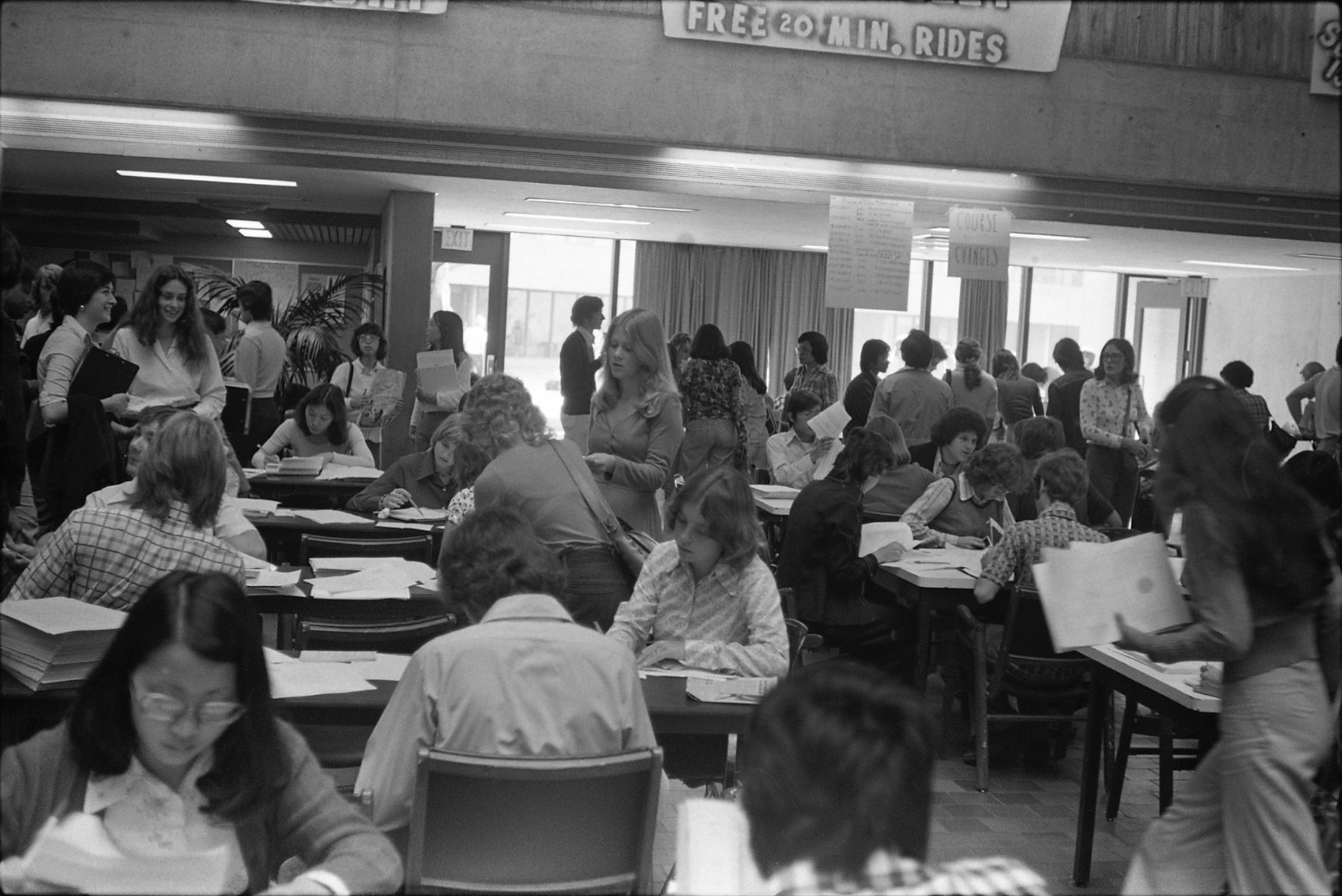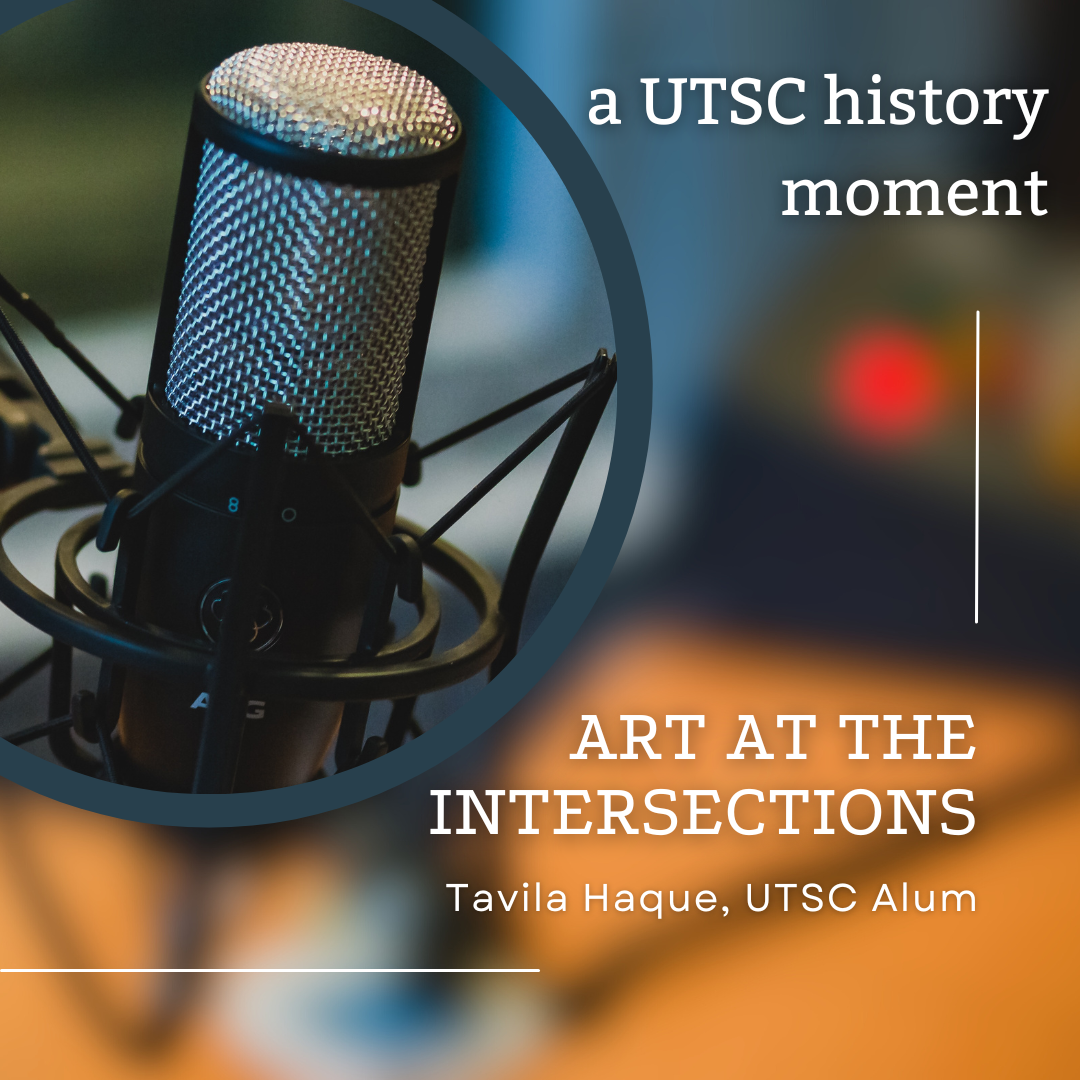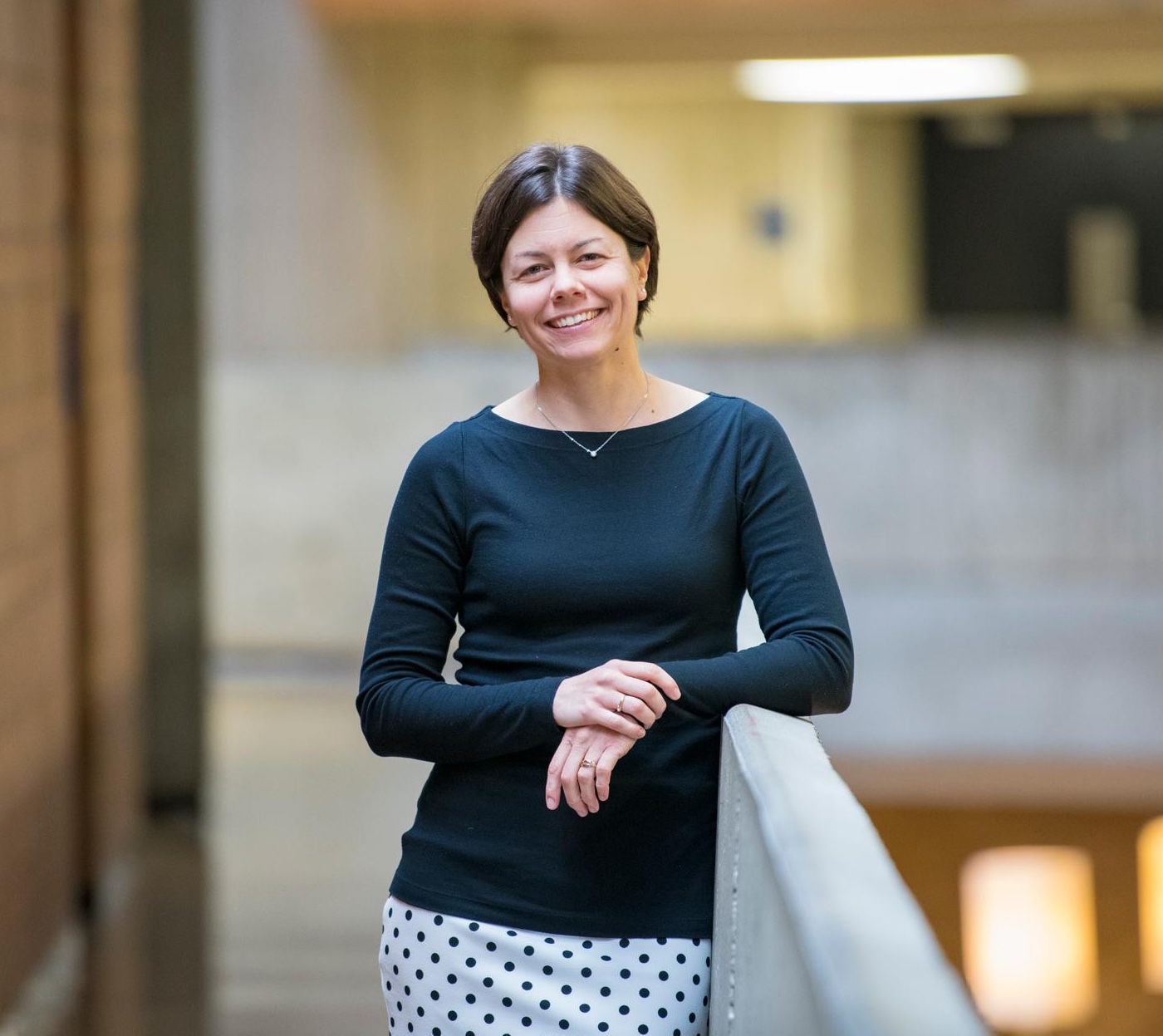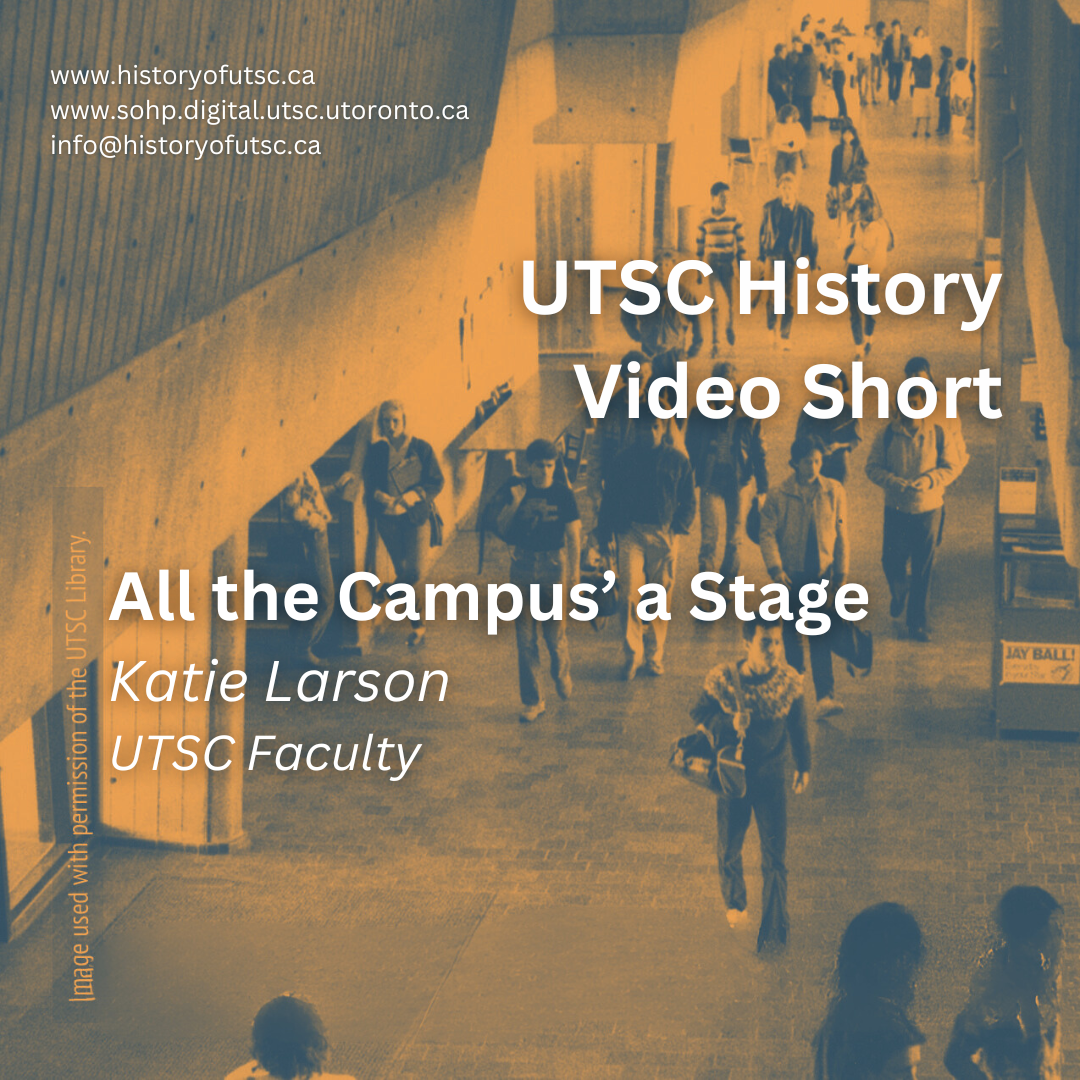In 1984, thirty-six of Scarborough Colleges’ sociology students enrolled in SOCB24F: Sociology of Education; Primary and Secondary Levels, refused to write their end-of-term exam which would make up 30% of their final mark (Donlevy 1984)! According to the students, to comply with writing an exam meant going against everything they were taught by their course instructor — Dr. John Lee (Donlevy 1984). In the words of a former student, “it was a direct contradiction with the principles we had been presented with in the course” (qtd. in Donlevy 1984). Indeed, Lee confirmed this in class by stating that “exams are irrelevant to the learning process,” and further described them as a “vomit theory of education. You cram someone full of information to have them regurgitate it on a piece of paper and then a professor sorts through it and comes up with a mark” (qtd. in Donlevy 1984).
Lee was no ordinary professor (Donlevy 1984)! He was well-known, quite infamously, for publicly voicing his criticism about the ways in which the College operated. For instance, in its early years, when the College decided to operate as a remote, satellite campus, an administrative decision was made to televise its lectures, based on the assumption that it would be cost-effective — Lee rebutted (Lee 1971). He argued that given the limited number of enrolled students, and the heavy cost of equipment, the College would not in fact save money (Lee 1971). Prepared budgets for television and broadcasting teaching facilities were estimated at a staggering $2,447,900 for the 1964 academic year (Lee 1971). But Lee’s primary concern was not budget, but rather the students, and conducted a study with those who took part in such televised lectures to understand if they found it conducive to their learning (Lee 1971). Based on student responses, Lee found that the televised lectures were not entirely successful, as most students reported they had difficulties maintaining concentration (Lee 1971). As one student stated, “after staring at the TV screen for half an hour without a break, your eyes get tired, you lose interest, and you stop taking notes. More concentration is needed just to listen” (qtd. in Lee 1971, 89). Another student, had a different concern, “why doesn’t the professor get off the screen and illustrate his points? Anyone would think they’re star-struck or getting paid for screen time” (qtd. in Lee 1971, 89). Overall, Lee summarizes his findings by stating that “you do not reach more people in a large class by TV — you lose more through failure to go to classes, disinterests in watching ‘canned’ professors” (Lee 1971, 89) and that “the undergraduates disliked the impersonal use of television, lack of feedback, and poor pacing” (Lee 1971, 95).
All thirty-six students signed and forwarded a petition to the college’s administration informing them of their decision to not write their final exam on the basis that exams were “irrelevant” (Donlevy 1984). However, as you may have predicted, the administration was not keen to grant students an exemption — but not for the reasons you might think (Donlevy 1984; Byers 1984). The Associate Dean at that time, Micheal Krashinsky, stated that the issue was not about the students writing an exam or not — as many professors choose not to assign one for their classes (Donlevy 1984; Byers 1984). Rather, the issue was that an exam had been assigned and scheduled with the College and it was being cancelled at the last minute (Donlevy 1984; Byers 1984). Additionally, Krashinsky feared that to grant an exemption to these students would create an undesirable precedent and could encourage future classes to do the same (Byers 1984). It would, as he described, “wreak havoc on the educational system” (qtd. in Byers 1984). Lee disagreed, he believed that the campus ought to practice democracy when interacting with students, and that professors should abandon their habit to behave as “little dictators” (qtd. in Byers 1984).
Regardless, to prevent such “havoc”, the College notified students that if they did not write the exam, they would receive an automatic zero (Donlevy 1984)! A zero, warned the university, would mean failing the course, and thus, lead to difficulties in attaining employment (Donlevy 1984). However, these gutsy students remained unafraid and stood strong on their decision and did not write their exams when the date came — receiving their promised zero (Donlevy 1984).
However, the students did not need to be upset for long! Two weeks after receiving failing marks, the College decided to grant all thirty-six students a passing grade for the course (Josey 1984)! Phew! Lee was so inspired by his students that he began to advocate for a complete abolishment of exams on the campus (Josey 1984). However, while the story ends on a happy note for his students, it ends quite cryptically for him (Byers 1984). According to Josey, a reporter for the Toronto Star, when asked if Lee would face disciplinary consequences for his actions, Krashinsky is quoted as saying that that it was “not for me to say” (qtd. in Josey 1984).
Bibliography
Byers, J. 1984. “Students’ Refusal to Write Exam Stirs up a Storm.” Toronto Star, January 11, 1984. P. A13
Donlevy, B. 1984. “Students Skip Exam, Face Failure, Unemployment.” The Newspaper, January 11, 1984. P.1
Fitz, Greg. 1974. “Students Sitting at Desks Writing in The Meeting Place.” University of Toronto Scarborough Library, Archives and Special Collections, Memory Collection, Archival Identifier 017-1-13_169. https://ark.digital.utsc.utoronto.ca/ark:61220/utsc46705.
Josey, S. 1984. “Students Given Passing Grades After Refusing to Write Exam.” Toronto Star, January 25, 1985. A19
Lee, John A. 1971. Test Pattern; Instructional Television at Scarborough College, University of Toronto. Toronto: University of Toronto Press.






